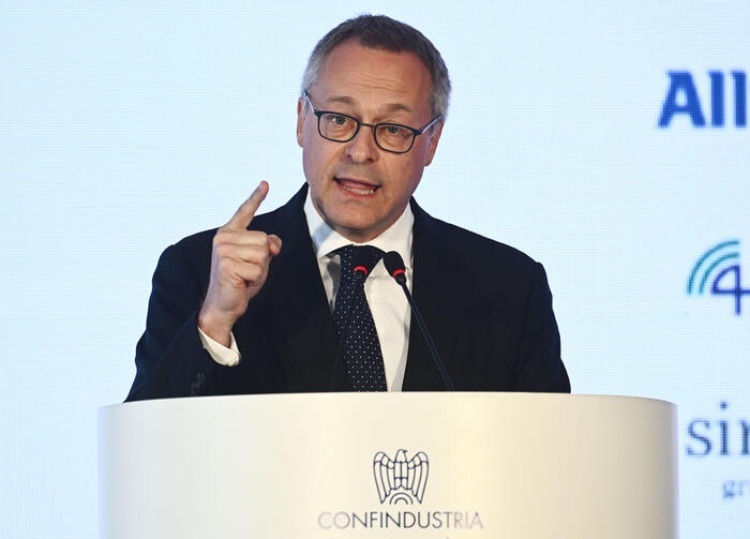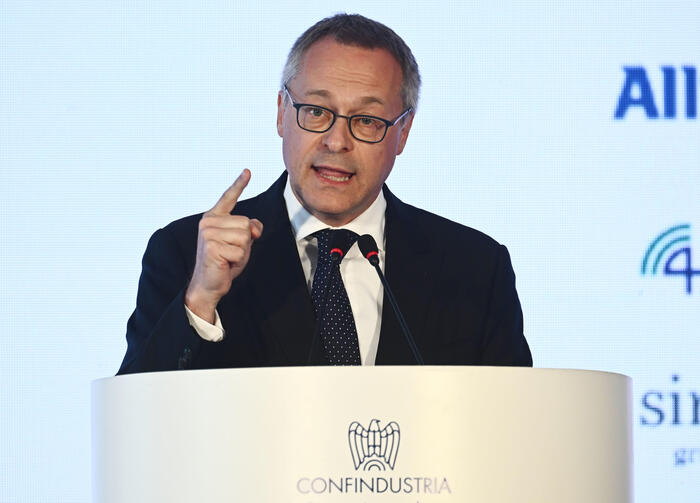Some 20% of Italian industry will have to shut down if Russia turns off gas completely for Italy, Confindustria federation chief Carlo Bonomi said Thursday.
If Moscow turns off the tap completely after recent partial closures, said the industrial employers' federation president, "we would have a hole of four billion cubic metres (of gas).”
That quantity would "remain uncovered" even if national stocks amount to an optimistic 90%, he said.
"So, if those four billion were to be lacking, and they were all affecting Italy, it would mean turning off almost a fifth of Italian industry," Bonomi told Rtl 102.5.
“This is why rationing must be considered,” he said.
"In the worst-case scenario, we must think of a rationing strategy with political leaders taking great responsibility, because turning off the industrial system means putting thousands of businesses and jobs at risk".
Bonomi urged the government to intervene now on this "economic earthquake", saying that the country cannot afford to wait two months for a new government to act after the September 25 general election.
"Today industry is an issue for national security," he said, explaining that the energy crisis has jeopardized household incomes and employment.
Among the key moves Bonomi called for was a cut to the labour tax wedge.
"It can be done; it must be done and I don't accept the argument that there are no sufficient resources.”
"I've heard all the parties say that they agree, and the ministers of this government are an expression of those parties”, he continued.
"If they really want to make a cut to the tax wedge, and put more money into Italians' pockets, they can do it tomorrow morning." Tax wedge is defined as the ratio between the amount of taxes paid by an average single worker (a single person at 100% of their average earnings) without children, and the corresponding total labour cost for the employer. The average tax wedge measures the extent to which tax on labour income discourages employment.
This indicator is measured in percentage of labour cost.











